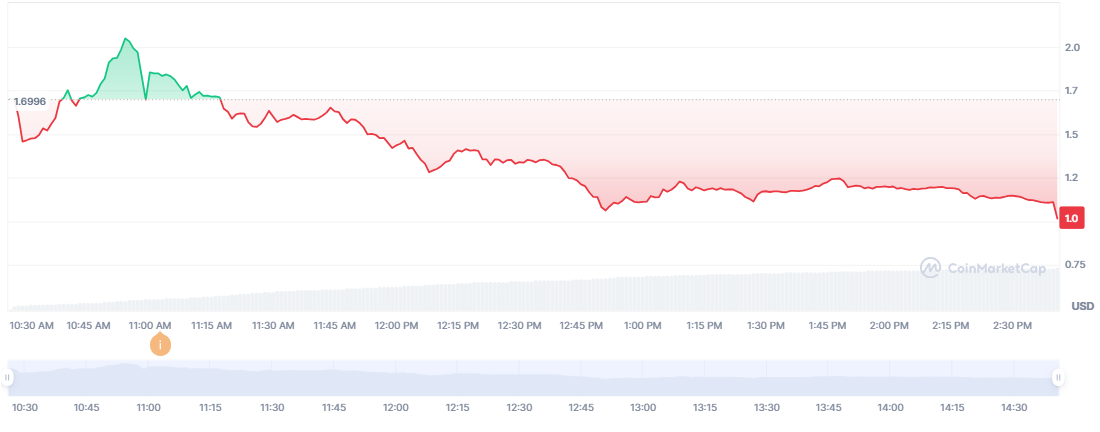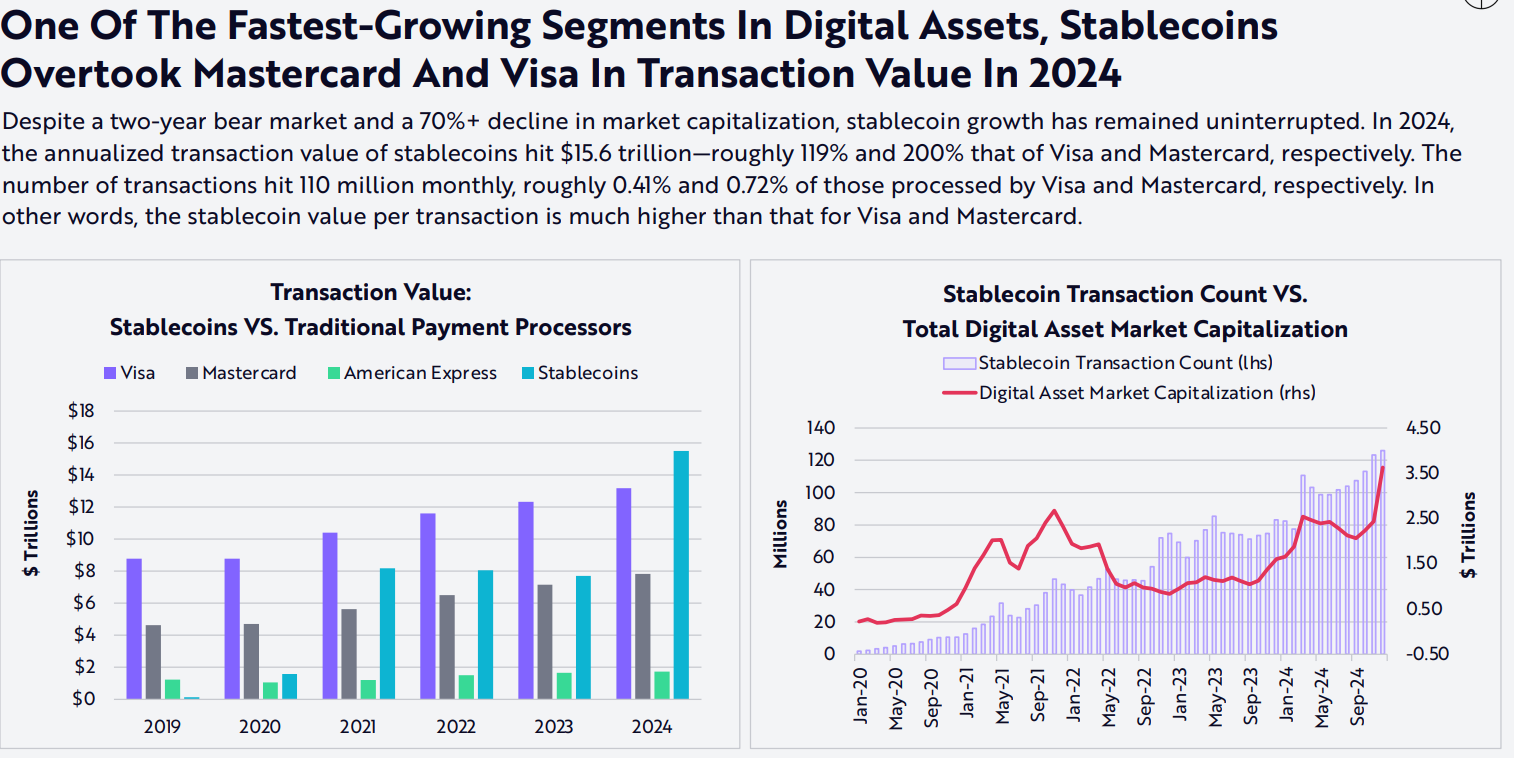News
Stay up-to-date on the most trending topics in crypto with our professional and in-depth news.

Pepe ($PEPE) has shrugged off recent meme coin declines as whales load up on coins.

After the largest crypto airdrop in history, Pi Network faces weakening momentum. Discover the key technical indicators to watch.

Vitalik Buterin remains hopeful about Argentina's crypto future despite the LIBRA controversy. His Devconnect proposal sparked Milei's interest.




ETHFI remains bearish with no attempts to retake the price of $1.20, maintaining bearish pressure among traders awaiting its next direction. Major resistance levels of $1.70, $2.30, and $3.30 are to be broken while support levels of $1.00 and $0.85 are being tested. Technical indicators are indecisive with the Stochastic RSI being oversold while bearish momentum is not strong on the Bollinger Band Percent histogram.

PEPE is trading at the 0.618 Fibonacci at the price of $0.0000092, a major support zone that will determine its future price movement. A daily fall below $0.0000092 might produce a continuation of the decline, while a bounce might push PEPE to the resistance at $0.00001142 and higher. RSI at 38.34 reflects negative momentum, although a bullish MACD cross and bounce back up to RSI 50 could indicate a turnabout.


Sonic's bullish trend continues with a 37% weekly gain. Discover the key technical indicators and price levels to watch.
- 09:46Insider: Kanye West plans to issue YZY tokens, personally obtaining a 70% shareChainCatcher reports, according to CoinDesk, that renowned rapper Kanye West plans to launch a cryptocurrency token YZY. As revealed by three insiders of the project, in the token distribution scheme, Kanye himself will receive 70% share, liquidity supply accounts for 10%, and investors account for 20%. The project information was disclosed by Yeezy's Chief Financial Officer Hussein Lalani via email. The YZY token will serve as the official currency of the Yeezy brand and can be used for payments on its website. This move is seen as an evasion from platforms like Shopify that have severed cooperation due to his controversial remarks. The project was originally scheduled to go on sale at 6 pm on February 21st on the Yeezy website but has been postponed until February 22nd. Insiders say that the delay is related to an incident involving Argentine President Milei's associated tokens.
- 09:42In the past 1 hour, $105 million has been liquidated across the entire network, mainly short positionsPANews reported on February 21 that data from Coinglass shows that in the past hour, a total of $105 million has been liquidated across the network. Of this amount, short positions accounted for $101 million and long positions accounted for $4.2254 million.
- 09:14SOL tokens worth 130 million dollars have been transferred to a new addressGolden Finance reports, according to ARKHAM monitoring data, a batch of SOL tokens worth 130 million US dollars has just been transferred to a new address. These SOL tokens mainly come from the exchange's hot wallet and two other unmarked addresses.